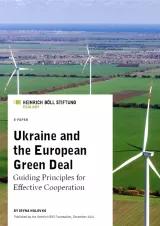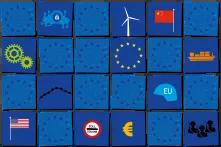Dossier
22nd Foreign Policy Conference
On the Way to Carbon Zero

The aggravating climate crisis has made the implementation of the Paris Agreement a central issue in German and European foreign policy. Nevertheless, the integration of climate and foreign policy is still fraught with uncertainties, both in its geostrategic and in its operational dimension.
The 22nd Foreign Policy Conference of the Heinrich Böll Foundation will focus on current debates at the intersection of foreign and climate policy and assess the prospects for a new carbon-neutral foreign policy.
Auswirkungen des Klimawandels – Ein Aufruf zum Handeln aus verschiedenen Regionen - Heinrich-Böll-Stiftung
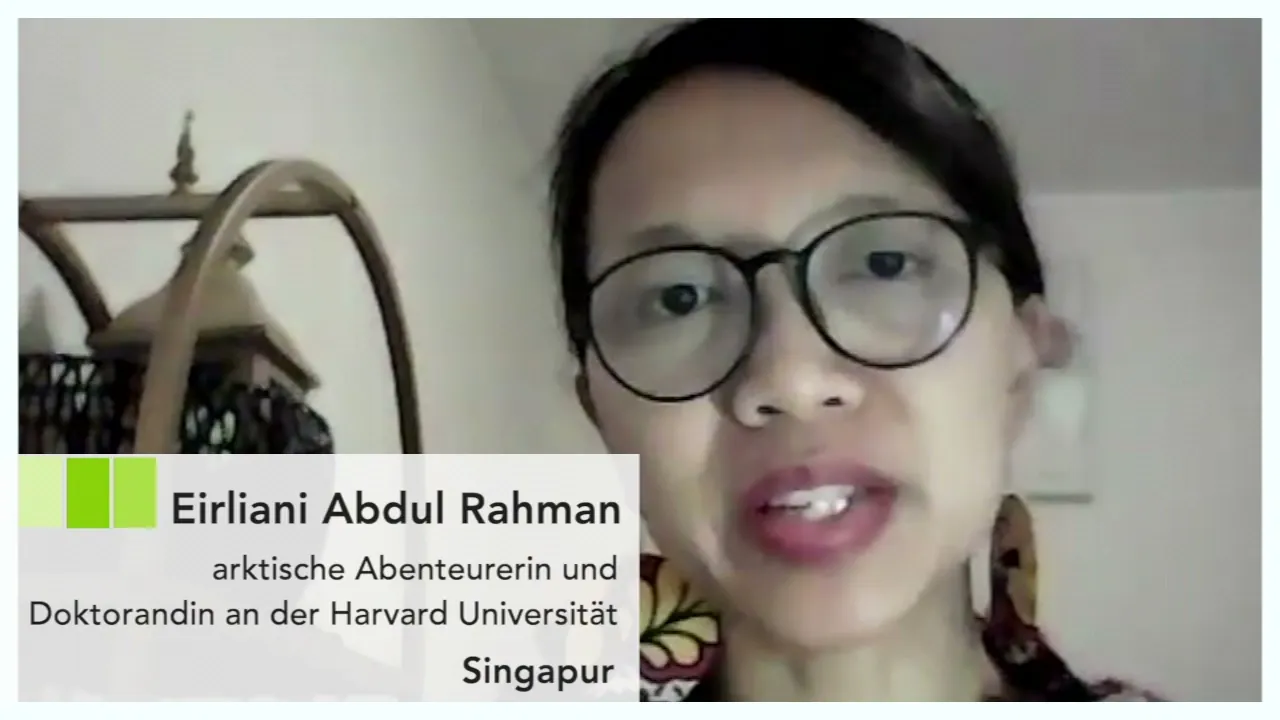 Watch on YouTube
Watch on YouTube
Three short flashlights on the effects of climate change - A call for action from different regions
Climate change is already visible in several regions of the planet. It influences the work of researchers, scholars, diplomats and policymakers worldwide. In this video, we asked friends of our foundation and the Global Diplomacy Lab to elaborate on how climate change affects their work and their everyday life. We compiled three short flashlights from a scholar in New Zealand, an NGO founder and researcher from Singapore, and a diplomat from Canada.
Patrick Flamm from Wellington University warns about the dramatic consequences should the Thwaites Glacier in Antarctica continue to melt. Eirliani Abdul Rahman from Singapore explains how climate change will lead to mass migration and related problems such as human trafficking worldwide. Eirliani also mentions that due to climate change and exceptional temperatures she had to cancel her North Pole expedition. Finally, Diego Osorio from Canada emphasizes the importance of climate justice in international diplomacy.
Foreign Policy in the Age of Climate Change - Transatlantic Perspectives - Heinrich-Böll-Stiftung
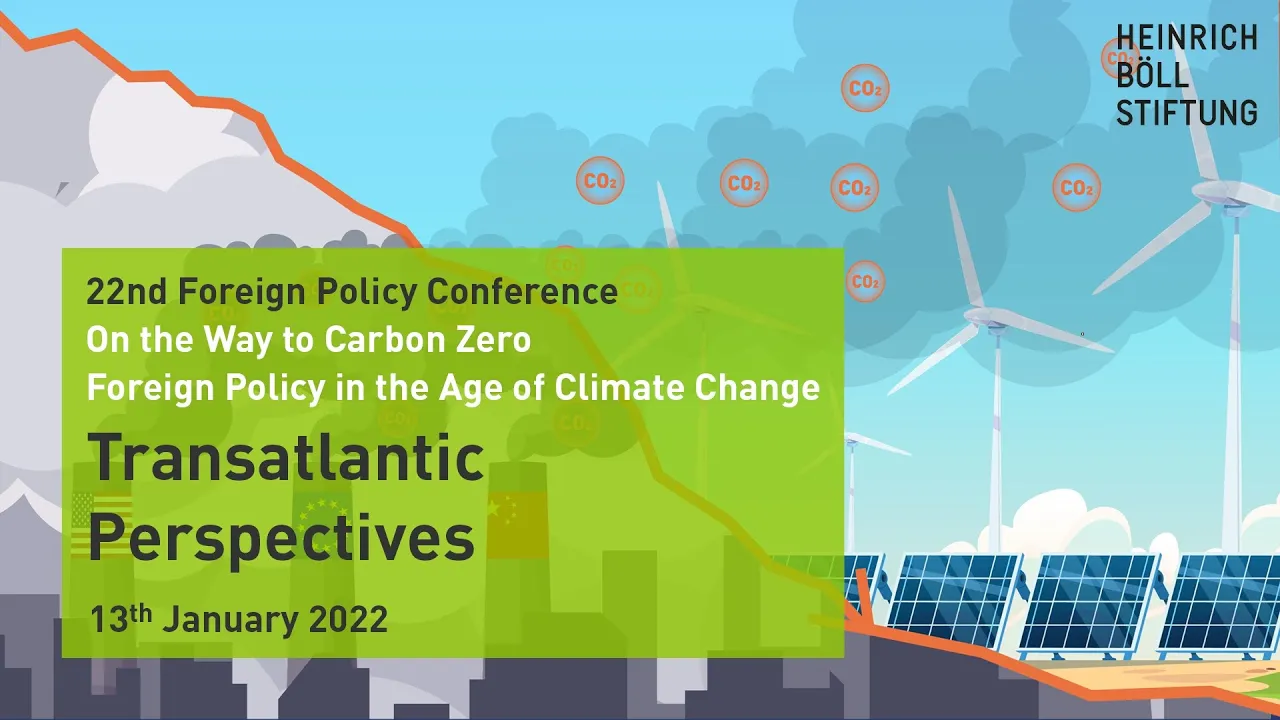 Watch on YouTube
Watch on YouTube
Foreign Policy in the Age of Climate Change - Transatlantic Perspectives
First part of the online conference on January 13, 2022.
With (among others): Ellen Ueberschär, Omid Nouripour, Claire Healy, Sergey Lagodinsky and Susan Biniaz.
Foreign Policy in the Age of Climate Change - EU-China relations in a Carbon-Restrained World - Heinrich-Böll-Stiftung
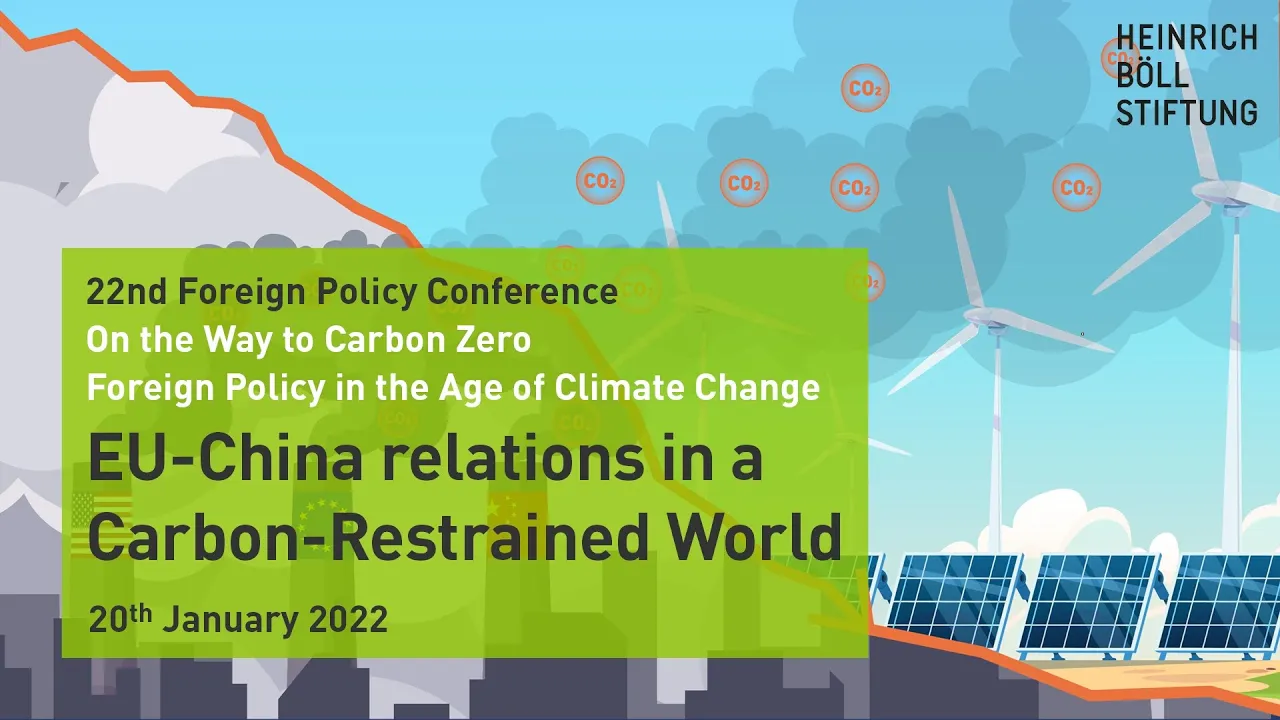 Watch on YouTube
Watch on YouTube
Foreign Policy in the Age of Climate Change - EU-China relations in a Carbon-Restrained World
Second part of the online conference on January 20, 2022.
With (among others): Janka Oertel, Roderick Kefferpütz, Jennifer Tollmann, Reinhard Bütikofer, Lina Li and Hongqiao Liu.
Foreign Policy in the Age of Climate Change - Debating Green Foreign Policy - Heinrich-Böll-Stiftung
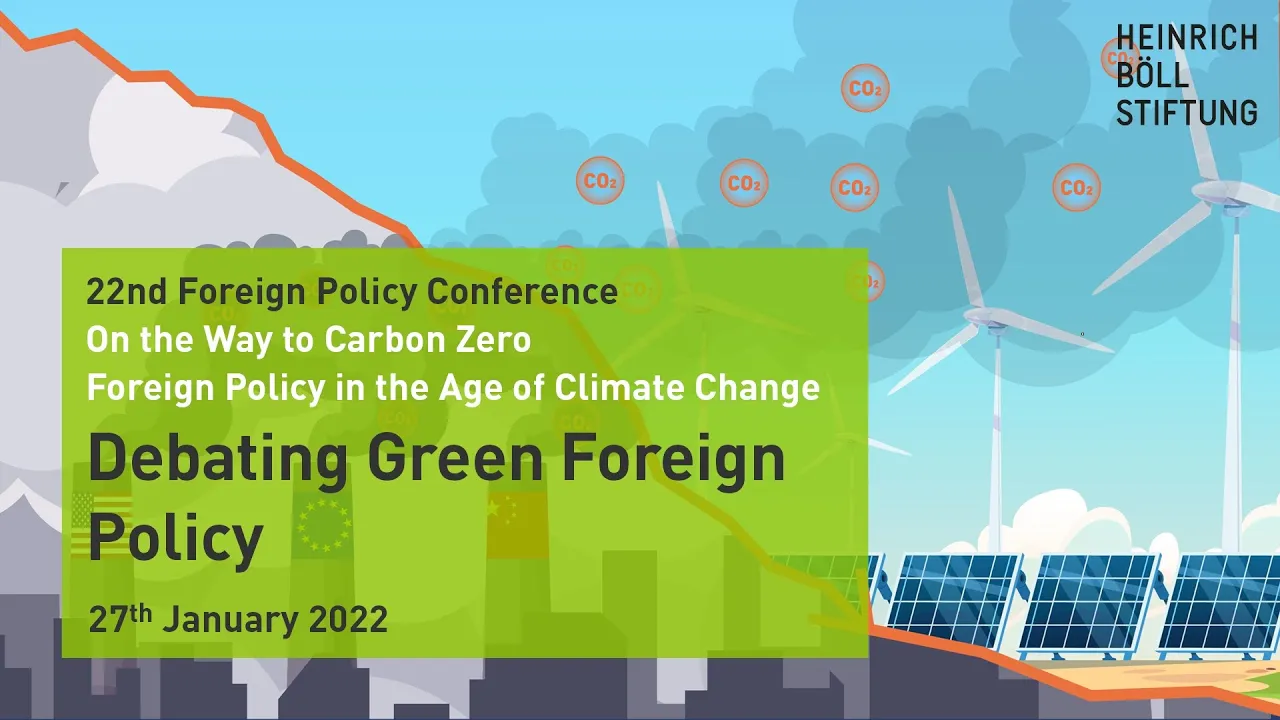 Watch on YouTube
Watch on YouTube
Foreign Policy in the Age of Climate Change - Debating Green Foreign Policy
Third part of the online conference on January 27, 2022.
With (among others): Franziska Brantner, Sunita Narain, Avinash Persaud, Agnieszka Brugger, Kira Vinke and Noah J. Gordon.





